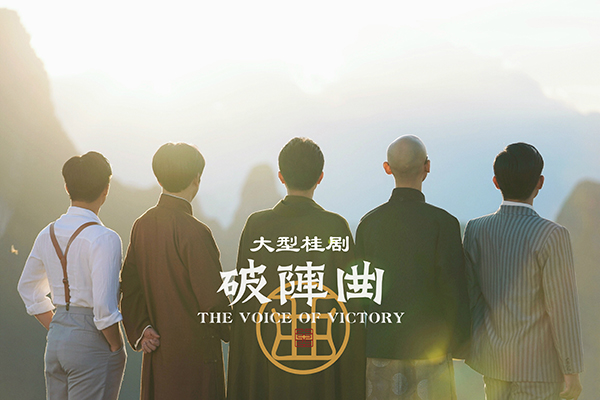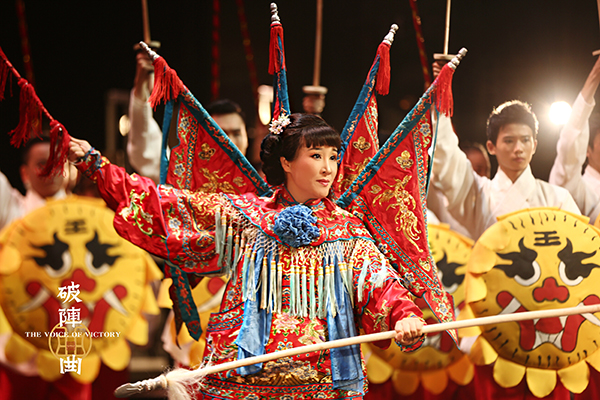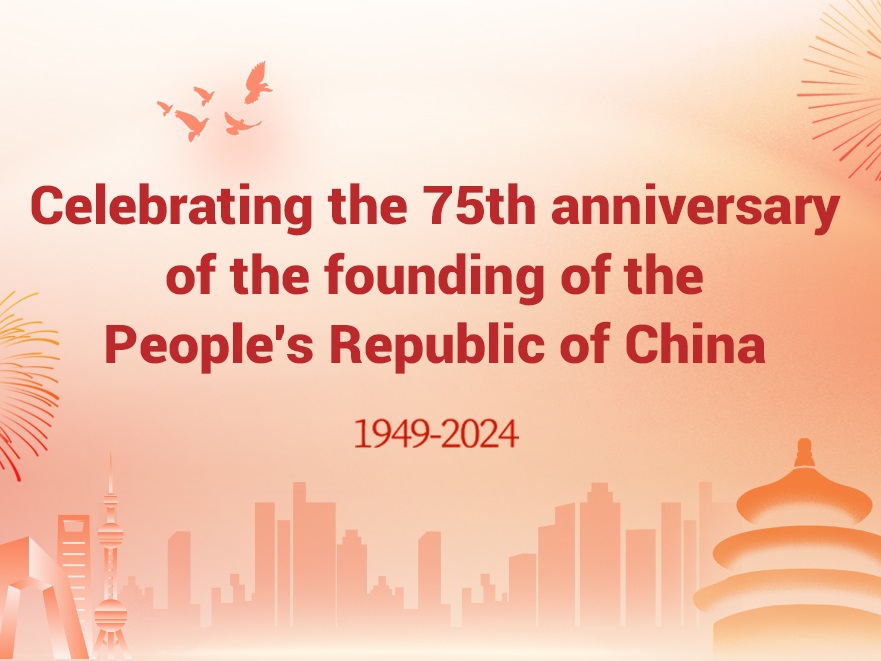The Voice of Victory

Plot introduction
Guilin was the political, economic and cultural center of south China's Guangxi from 1938 to 1944. It was also an important city in southwestern China and one of the most important in the entire country during the Chinese People's War of Resistance Against Japanese Aggression.
Against this complicated historical and political background, the Communist Party of China (CPC) made full use of its ties with local warlords and conducted a full-scale publicity & education campaign in the city to bolster the morale of people from literary and cultural sectors and firm up their will in the fight against Japanese military forces.
The five principal figures in The Voice of Victory are Zhang Shu (1908-1938), a patriotic musician, Xu Beihong (1895-1953), a prominent artist, Ma Junwu (1881-1940), an educational master, Ouyang Yuqian (1889-1962), a dramatist, and Tian Han (1898-1968), author of China's national anthem. Together, they use their artistic creativity to depict the Chinese people's unyielding will and heroic deeds in the war, leaving a deep impression on people in western countries.

Awards
The Voice of Victory was one of the first batch of literary and artistic works selected by Guangxi in 2019. It has received such titles as Tonggu Award at the 9th Guangxi Literature & Artistic Creation, the 15th Guangxi Cultural-ethnical Progress Five-Construction Award and Osmanthus Golden Award at the 10th Guangxi Performing Arts Festival.
It was also selected to be played at the 2019 National Meeting for Grassroots Theaters, jointly held by the Publicity Department of the CPC Central Committee and the Ministry of Culture & Tourism.


